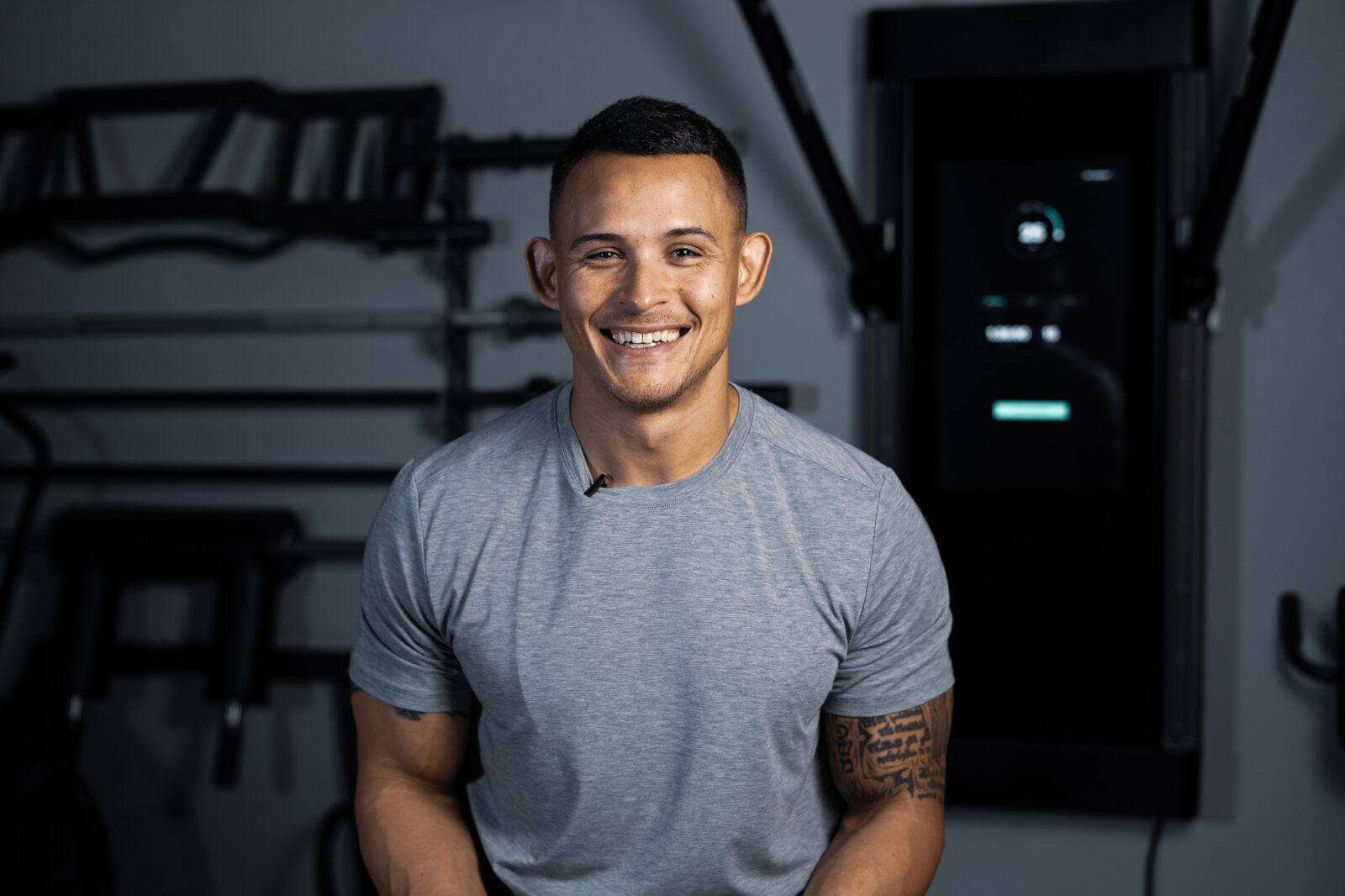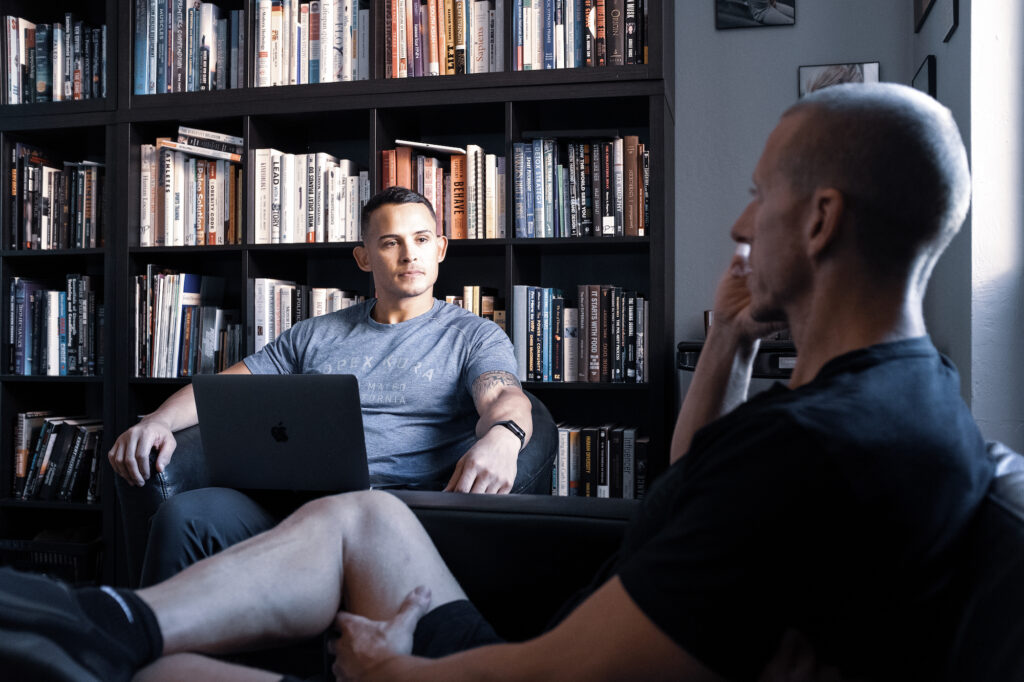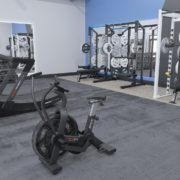Coaches Corner With Carl Hardwick: Go Beyond Sets & Reps

To avoid being made obsolete by AI tools like ChatGPT, fitness coaches must take a holistic approach and seek to understand the whole person
As coaches, it’s easy to get caught up in the sets and reps and forget about the most important aspect of our work: building relationships with our clients.
At OPEX, our model is built on relationships. (Get a brief intro to coaching with the OPEX Method in this free course.) We make this crystal clear to our coaches on day one of our education. It’s not just about prescribing a workout and hoping for the best. We have to take a holistic approach and understand the whole person. Otherwise, we’re just glorified human calculators. And ChatGPT will beat us at that game.
We are in the profession of behavior change, which means we have to understand the reasons behind our clients’ behaviors. It’s not just about counting reps or keeping track of progress. We have to get to the root of the issue and help our clients make sustainable changes. Otherwise, they’ll be stuck in a vicious cycle of starting and stopping new habits, a perpetual “dance” that ends up in frustration as a coach and eventually another churned client that we were not able to help. In this article, I’ll briefly hit on a few behavior principles I want you to consider in your own coaching practice.
Values
Behaviors are driven by decisions, decisions are driven by perceptions and perceptions are driven by values. When consulting with your clients early in the relationship (yes, you should consult with your clients), dig deep to understand what they value. Values are the guiding principles that shape our beliefs and behaviors. As coaches, understanding our clients’ values is crucial to creating a more personalized and effective coaching experience. By aligning their goals with their deeper sense of purpose, we can help them achieve lasting change and build stronger relationships.
Goals
At OPEX, we teach a framework for identifying and executing against goals called the Goals and Linking Framework. This framework allows you to transform discoveries made in the initial consultation into achievable goals. The framework consists of four steps: Ground, Resources, Recipe and Aim. By using this framework, you’ll be able to tailor your approach to your client’s unique needs and resources, helping them achieve lasting change.
- Ground: Start by understanding why your client has set their goal and their level of commitment.
- Resources: Review if your client has the tangible and intangible resources they need to work towards their goals. This includes factors such as time, equipment and support network.
- Recipe: Create an action plan that includes an exercise program, lifestyle guidelines and nutritional prescriptions tailored to your client’s unique needs and resources.
- Aim: Go beyond the initial goal to take into account the unseen aspects of goal setting, such as levels of satisfaction and happiness. Ensure that your client’s goal aligns with their values and motivations.
Motivations
As a coach, it’s important to understand your client’s motivations and meet them where they are in order to move them forward. Humans are wired to seek pleasure and avoid pain, but sometimes pleasure can cause pain and vice versa. This can make it difficult for clients to make choices that align with their goals as most of them are wired to constantly look for the easy way forward. That’s why it’s crucial to understand the reasons behind their behaviors and the underlying beliefs and values that drive them. Without this understanding, you’ll just be telling them what to do without any real impact. So take the time to listen to your clients and understand their motivations, then tailor your approach to meet them where they are. By doing so, you’ll be able to create lasting change and help them achieve their goals.

Remember that building relationships with your clients is the foundation of our work as coaches. By understanding their values, creating tailored goals, and meeting them where they are, we can help them achieve lasting change and build stronger relationships. So keep thinking beyond sets and reps and focus on the whole person.
Next week’s column: Masculine vs Feminine Program Design
Carl Hardwick, CEO of OPEX Fitness and CoachRx, is a strong advocate for bringing honor to the coaching profession and raising the value of all fitness coaches. He lectures frequently about program design, business systems and building a sustainable coaching career. Follow him on Instagram @hardwickcarl and OPEX Fitness on YouTube.



